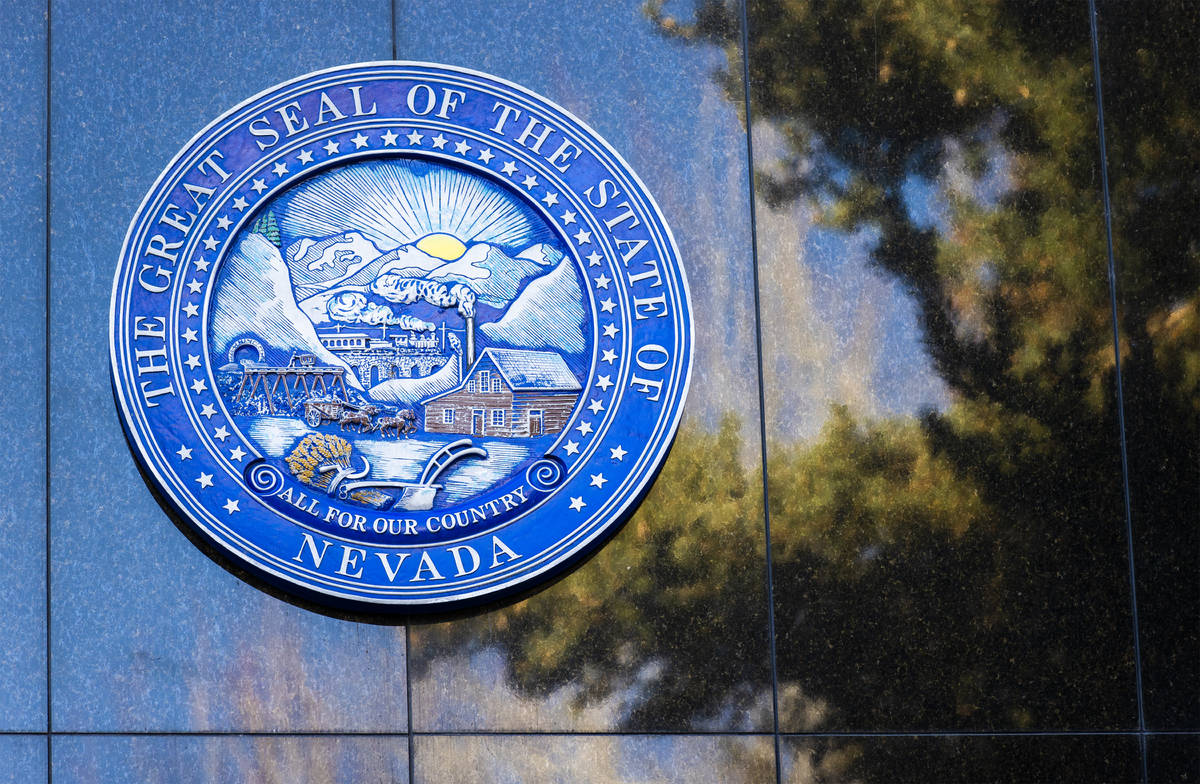Lawmakers hear bill for public health insurance option

CARSON CITY – Physicians, hospitals, insurers and business groups led opposition in a Senate committee Tuesday to a proposal that would create a public health insurance option in Nevada, warning of impacts to the quality, affordability and availability of health care in the state – exactly what advocates say the measure will improve.
The debate over Senate Bill 420 Tuesday thus pitted much of the state’s health care establishment against progressive advocates who say the existing system fails Nevada’s estimated 350,000 uninsured residents who lack coverage. Supporters noted repeatedly that Nevada, in spite of expanding Medicaid under the 2010 Affordable Care Act, still has the seventh-highest rate of uninsured residents among states, and ranks at or close to the bottom among states for both health care affordability and health outcomes.
The bill, which will be amended, would seek to leverage the state’s Medicaid-backed health care buying power. Insurance companies vying for a share of the state’s Medicaid managed care contracts would be required to offer a lower-cost health insurance option available to individuals and small businesses. Existing employer-based and large business health plans would not change.
It would be funded by premiums and federal subsidies, going into full effect in 2026 after several years of data collection and fine-tuning. The bill would also expand Medicaid services to more pregnant women and their families by increasing income eligibility.
Tipping the scales
But opponents said in testimony before the Senate Health and Human Services committee that introducing a low-cost plan would inevitably tip the scales in the insurance market, leading to higher health care costs in other segments. It could also lead providers, doctors and other health care providers to abandon the state entirely, opponents said.
The public option proposal “will not work for Nevada’s unique health care environment,” said Connor Cain, a lobbyist speaking for the Hospital Corporation of America and several Las Vegas-area hospitals. He added the plan “would almost certainly reimburse at a far lower rate” than market-based plans.
“If we truly want to expand insurance coverage, we as a state should ensure that all of those who would otherwise qualify for coverage are eligible for Medicaid,” Cain said.
Study idea scorned
The hearing ran nearly two and half hours. Instead of the bill, opponents suggested an actuarial study to look at the targeted uninsured population and their needs.
The suggestion drew mild scorn from proponents: The public option question has been one of the most studied issues in the statehouse. A bill creating a public option passed the Legislature in 2017 but was vetoed by the governor, and a study authorized in 2019 and released in January led to the current proposal.
“We know who the people are who are uninsured, and now the question is what do we do to try to get them insured,” said Senate Majority Leader Nicole Cannizzaro, D-Las Vegas, the bill’s lead sponsor.
She noted the proposal would reduce the costs that arise from treating those without insurance, which are borne across the entire health care landscape, and said the bill had a built-in implementation delay of nearly five years to allow for tweaking, making another study all the more unnecessary.
Cannizzaro added that the opposition’s concern about cost shifts to those with existing insurance, and their call to have more people to be covered by Medicaid instead of under the a new plan, seemed contradictory: the new public plan would be financed in part by premiums and pay out higher than Medicaid.
“If we’re talking about implementing something where you’re getting reimbursed at higher than Medicaid rates, why that’s a reason to oppose this bill is just one that I have struggled to understand,” she said.
The committee took no action on the bill. It faces a May 14 deadline to advance or be considered dead.
Contact Capital Bureau reporter Bill Dentzer at bdentzer@reviewjournal.com. Follow @DentzerNews on Twitter.